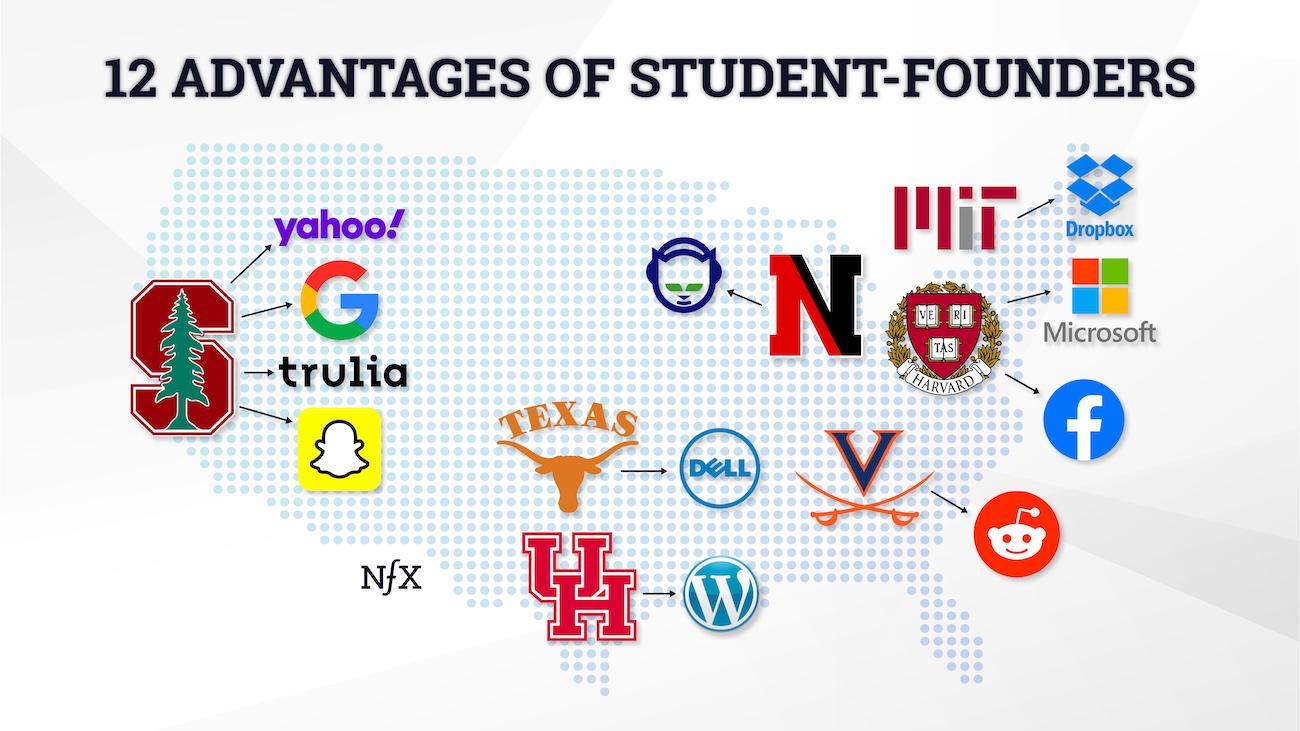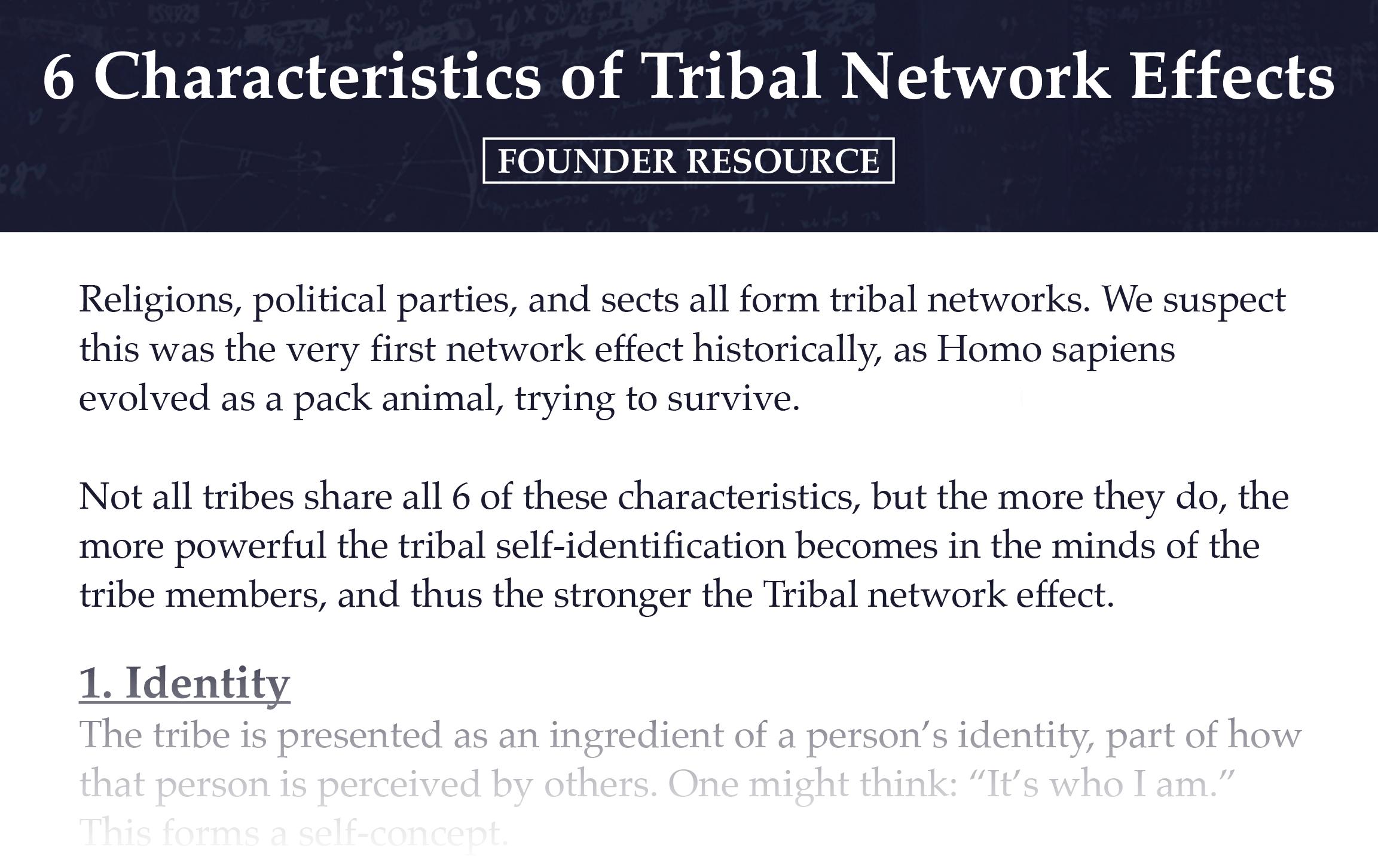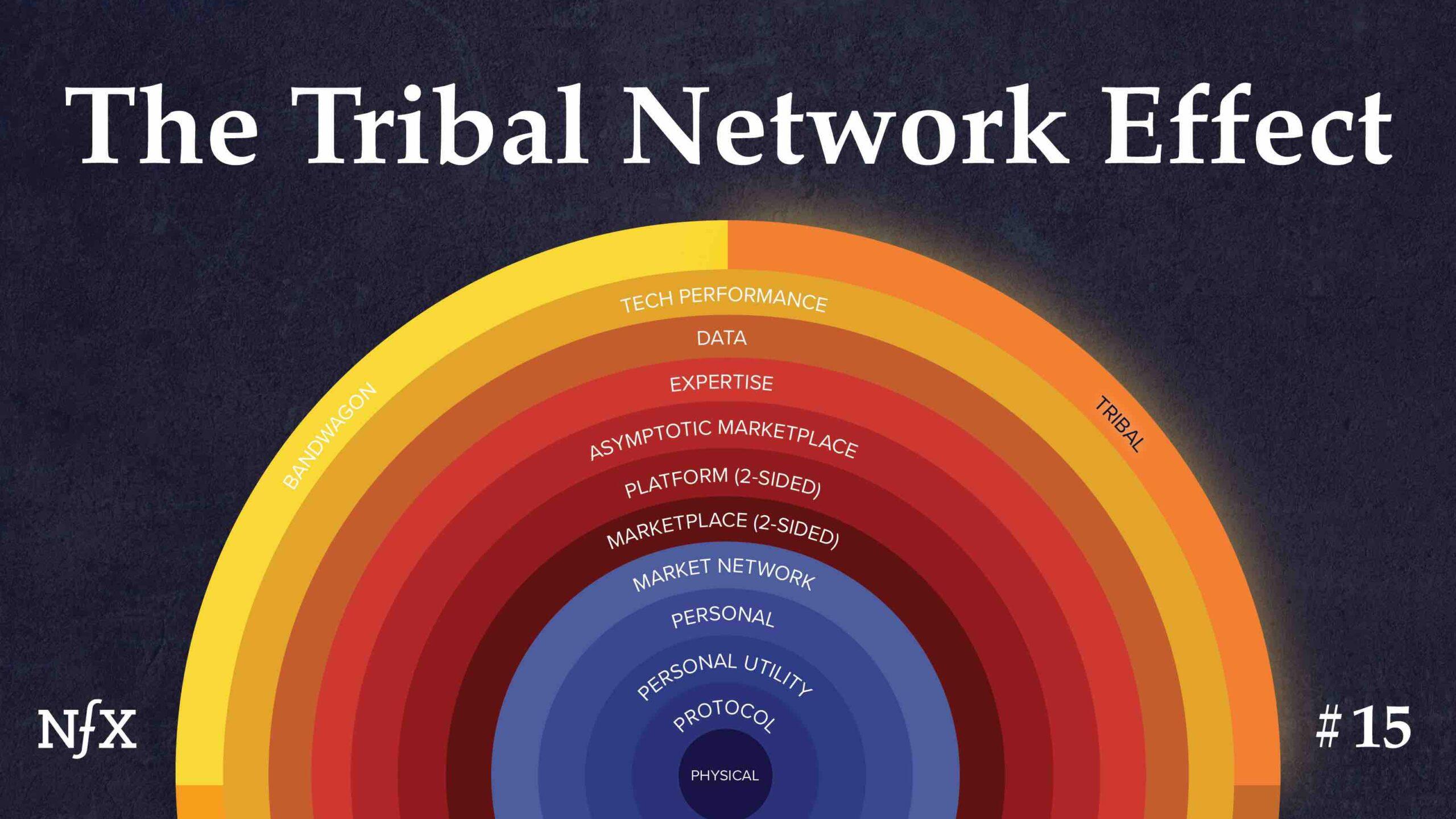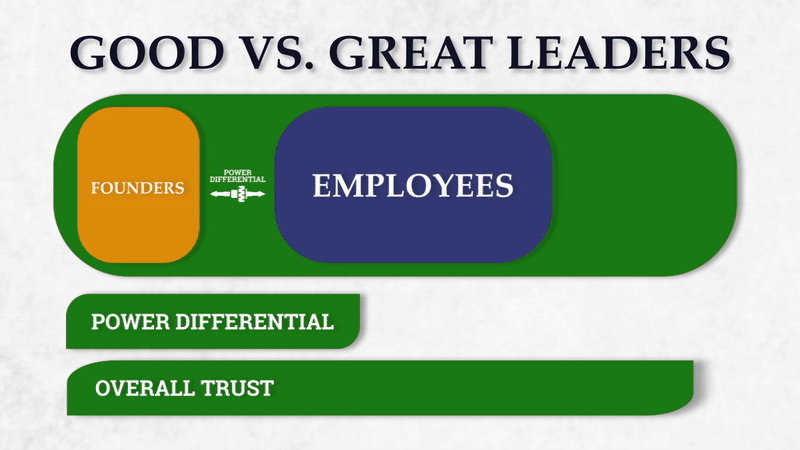

3 of the 6 most valuable companies in the world, Facebook, Google, and Microsoft, were born on college campuses.
The list goes on: Snapchat was co-founded at Stanford. Reddit was created in a dorm room at the University of Virginia. WordPress came out of Houston University.
I was in my MBA program at Stanford GSB when I met my Co-Founder and came up with the idea for Trulia. I lived this experience and understand the incalculable benefits of starting a company during university.
Unlike other Founders, Student-Founders have 12 unique advantages that position them early on for startup success. There are specific network conditions and mindsets that give them a once-in-a-lifetime opportunity to build category-defining companies.
Student-Founders Are Nodes In A Powerful Network
Great Student-Founders leverage a powerful combination of three networks: a) peer networks with potential co-founders and team members; b) early adopter networks of young, digitally-native testers and first customers; c) and tribal networks of altruistic alumni.
As we’ve written before, these college-specific networks have many characteristics that make them powerful:
- Geographic density creates frequent interactions between the nodes, giving network bonds a chance to form and strengthen.
- There’s a long duration of network formation. 2 years for an MBA program is an intense period. A lot can happen in 2 years. 4 years for undergrads, even more.
- A closed, selective network. This is powerful for three reasons.
- Your reputation matters. People are more likely to have heard about you via a third party, and treat you differently according to your reputation.
- If you meet another student, the chances of them knowing someone you know is much higher than someone you meet outside of the closed network. There is a high degree of network overlap between you and other students, and as network theory predicts, shared connections between two people vastly heighten the chances of them forming a strong bond.
- The likelihood of repeat interaction between students is very high.
- Like with family, these networks cross from who you know to who you are. Identity formation takes place at this age and are thus likely to last longer.
- When you choose a college, you are also choosing a geography. People tend to end up working and living in the same geographical proximity as their college, keeping them close to their college friends.
- People tend to end up working in the same industries as the people in their college network.
- It’s considered a social norm that you should build and value your network in college, so others are more receptive to building new and strong bonds.
- College teaches you the idea that you will know these people the rest of your life, so like family, there is a powerful shadow of the future that makes the bonds stronger and more numerous.
- All of the above elements reinforce each other.
Mental Models Of Great Student-Founders
Not only do Student-Founders benefit from being immersed in highly-networked environments, they also possess a mindset advantage over many other Founders.
They are, by design and intention, at school to learn and to socialize. They tend to exhibit higher risk tolerance, wider mental apertures, and lower cognitive entrenchment, which lets them more naturally challenge the status-quo.
As we’ve seen time and again, experience is a double-edged sword. True disruption across industries correlates with years of experience, and less experience is often better.


We’ve observed that returning MBA and PhD students, after a few years of work experience, often have a powerful alchemy of mental models. They are more likely to combine a contrarian mindset with an outsider point of view, which is needed to invent game-changing businesses.
The 12 Unique Advantages Of Student-Founders
Here are the 12 advantages that Student-Founders have, that other Founders do not.
1. Tribal networks: College alumni are often clustered in different cities and companies. They tend to seek each other out, as well as proactively support new generations in their network, and can be especially helpful with fundraising and recruiting.
Tribal networks like these have a higher density of relationships because self-identification between tribe members causes them to look for shared affinities and motivates them to altruistic behavior towards other nodes in the network.


2. Time abundance: Student-Founders often have time to reflect on what people want and need, much more than people who are already working. Either they haven’t started working in a 40+ hour/week career yet, or, in the case of an MBA student, they have purposefully taken a leave in order to investigate: “What else could I build with my time? How might I have a great impact or more ownership — or both?”
3. High risk tolerance: They’re more risk tolerant than someone who’s working, has benefits, a 401k, and perhaps also has a mortgage or dependents to support. (These are generalizations, of course). Being a student makes the safe-to-fail mindset easier to embrace than the fail-safe mindset.
4. Know enough to be dangerous: Returning students (MBAs, graduate students, non-traditional undergraduate students) typically have a few years of work experience under their belt. They know an industry enough to get traction quickly, but they haven’t calcified into a status quo, and are not afraid to question the norms. This is a rare balance of experience and naivete and it’s a lethal combination against incumbents.
5. Wide apertures for ideas: Student-Founders are usually not married to one idea or market, and are open to opportunity and innovation. This mindset, combined with the density of their networks, is an extreme advantage. They may speak to an alum in an industry and pivot quickly. Or they could be inspired by a speaker on campus and figure out a new GTM at speed. When your mind is open and you have a lot of valuable inputs, you can experiment quickly.
6. Learning velocity: Their speed of learning is unrivaled. We have observed that Student-Founders learn, test, fail, and start again more quickly than other Founders. They’re focused on the process of learning, instead of one specific solution, and are therefore more aware and open to iterate and explore the possibilities.
7. World-class access: Student-Founders are surrounded by a wealth of knowledge and non-financial resources such as speakers, professors, campus programs, accelerators and startup competitions where they can meet and learn with some of the best and the brightest, at no additional cost. Allison Campbell, Founder of Zubale — an NFX Guild company — was my (Brittany’s) classmate while we were getting our MBAs at Harvard. She maximized her learning at relevant seminars and conferences while she was a student.
8. Creativity born of constraints: While rich in time and in networks, Student-Founders rarely have the means to financially support their endeavors and are often forced to bootstrap their start-up. They redefine “lean” and use it to their advantage. They often can trade skills and tasks with other students; “You code this feature for me; I will design a logo for you.” Establishing a creative mindset to work within — or get around — constraints is an immensely valuable trait for Founders.
9. Organic marketing: Student-Founders can more easily experiment, test, establish, and grow their business concepts using their fellow students, who go on to become customers, candidates, and/or investors, just like Facebook did.
Time and again, we have seen Student-Founders with an excellent understanding of authentic, word-of-mouth marketing, which is infinitely more valuable in the early days than any paid marketing.
The Co-Founders of NFX Guild company, Juno, understood this well. When they were at Harvard Business School, they were always talking to students, diving deep with their eventual users, and iterating towards product-market fit. Now, Juno is a VC-backed startup building a business around group deals for student loans.
10. A Market For Co-Founders: At any given moment, there is a dense network of 100s to thousands of smart, ambitious, type-A people in the vicinity that are ready to make magic happen.
I (Pete) met my Trulia co-founder, Sami Inkinen, at Stanford’s GSB. Another unicorn company, Ethos, where Brittany previously worked as VP Operations, has a similar story. Ethos’ Founders were roommates at Stanford GSB.
When you’re in these networks, meet as many people as you can. Go to events, conferences, meet people for coffee, run school ads hiring someone to work on a project with you, and ask professors about other classmates.
“How to find a co-founder” is one of the most common pre-seed-stage queries on the web, and it gets significantly harder once you are out of school.
11. Fast-Track To VCs: Student-founded startups can be highly sought after by VC firms, because smart VCs understand the unfair advantages of Student-Founders.
At NFX, we have a strong track record of working with Student-Founders from the earliest days. We run programs to discover, recruit, and fund entrepreneurs at the pre-seed and seed-stage during university.
12. Leveled-up leadership: As Aristotle said, “Educating the mind without educating the heart is no education at all.”At most universities, especially in MBA programs, there are fantastic courses focused on ethics, mindset, stewardship, and self-improvement. These help self-aware Student-Founders better balance their drive for success with self-discovery and development. Humility is an asset.
Being able to grow as a leader, and overall as a person, is essential for your startup to withstand the test of time. When Sami and I were at GSB, we went through Carole Robin’s famous “Touchy Feely” course — and it leveled us up in our communication and leadership skills.
To current and aspiring Student-Founders: We have been in your shoes and are excited for what lies ahead for you. If you are working on a startup idea and you’re ready to talk, drop us a note. Even if you think it’s too early. Early is a superpower.
As Founders ourselves, we respect your time. That’s why we built BriefLink, a new software tool that minimizes the upfront time of getting the VC meeting. Simply tell us about your company in 9 easy questions, and you’ll hear from us if it’s a fit.



